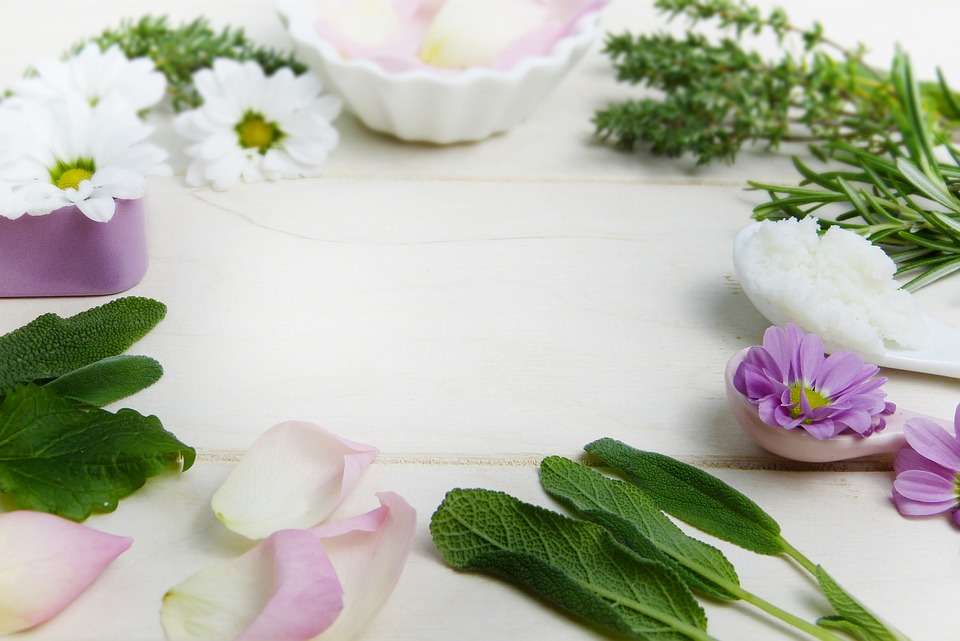
This week, we are taking a closer look at holistic healing. What is it? And how can it benefit you long term? At the core of holistic healing, or whole health, is the idea that body, mind, spirit, and emotions all effect your state of being. Good health relies on balance and wellness in all of these areas, which are intimately linked. Therefore, holistic healing is fostered by a whole health approach that encompasses all of these field. In order to look and feel your best, in addition to reducing your risk of cancer or heart disease, you should start by considering each of these facets.
Eat Well
Many of us fall into the trap of eating the same foods the majority of the time. So, it’s easy to slip into eating habits you aren’t even aware of. There are basic rules that we should live by. We should aim to drink an eight-ounce glass of water first thing in the morning, which helps to rehydrate and make us more alert. Throughout the say we should drink a total of at least 64 ounces of water daily to hydrate our body and skin.
At every meal, we should sit down — and eat slowly. Not only do we enjoy the food more this way, but we consume less. Breakfast is still the most important mean of the day. It should be the biggest meal of the day, filled with whole foods and whole grains. For example, half a grapefruit, one slice of whole-grain toast with butter and two scrambled eggs. A balanced lunch might include turkey or chicken with a complex carbohydrate, such as sweet potatoes, and veggies or half a tuna sandwich on whole-grain bread. Dinner should be light for easy digestion before bedtime. A healthy dinner example is salmon, tomatoes and vegetables. This should be consumed no later than7 pm. Snacking throughout the day should be limited to fruit, especially apples, or protein drinks made with whey. Going too long between meals or snacks will cause us to get hungry. That’s when we overeat.
Opt for natural carbohydrates, the ones that come from the ground, such as rice, yams, sweet potatoes and beans… and whole-grain breads and cereals in moderation. And when eating carbohydrates, add some fat or protein. When you eat a carbohydrate by itself, you get a bloated-belly feeling.
Move Often
Think of working out as the secret weapon that provides the stamina for everything else we want to do in life. Try to include a 30- to 45-minute routine every day. A nice balance would include 30 minutes on a treadmill or elliptical trainer, or walking outdoors, followed by 15 minutes of weights for the shoulders, biceps and upper body.
To find an exercise regimen that works for you: Do something you like enough to stick with. Try daily power-walking, join a class at your gym, play tennis, do Pilates. Or go back to what was fun when you were a kid, such as bicycling and/or swimming.
Sleep More
Try to get at least seven hours of uninterrupted sleep a night. Sleep is how your body repairs itself from the day’s activity. Our bodies are a chemistry lab, not a bank account. When you shortchange your sleep patterns, you’re not only tired the next day — you’ve also lost out on critical healing.
Good Communication
Look people in the eyes and smile when you talk to them. When you greet someone, focus on sending out positive energy, and this energy will translate through your own eyes. People will experience you as radiating warmth — and, yes, youth.
Positive Attitude
Think positively all the time. According to the National Science Foundation, we have more than 65,000 thoughts per day, nearly 95% of which are the same thoughts we had the day before. We have the ability to create and shape our life experiences through our thoughts. This is essential for older people because it’s downright rejuvenating to believe that there is still plenty of time left to create positive experiences in life.
As you go through your daily exercise routine, practice turning every negative or fearful thought you have into a positive one.
In Summary
These basic guidelines affect your body, mind, emotions, and spirit to elicit holistic healing. Everything you do daily affects your health, and how you look and feel overall. From the foods you eat, to the thoughts you think, everything encompasses the realm of whole health.
For more whole health discussions like this, listen to my weekly radio show Living Above The Drama available on iHeartRadio.



 Other studies demonstrate that women in their 40s who endure difficult or negative marital-type relationships experience a higher risk for cardiovascular disease than women with fulfilling relationships.
Other studies demonstrate that women in their 40s who endure difficult or negative marital-type relationships experience a higher risk for cardiovascular disease than women with fulfilling relationships.